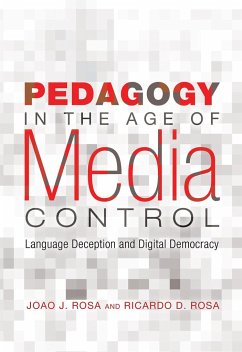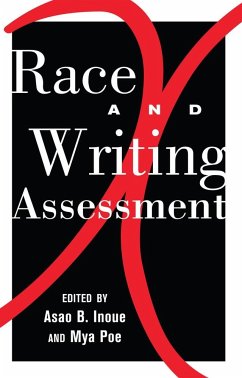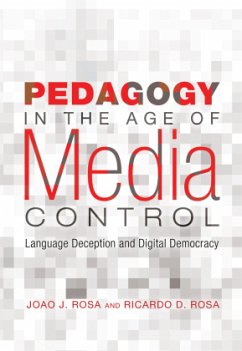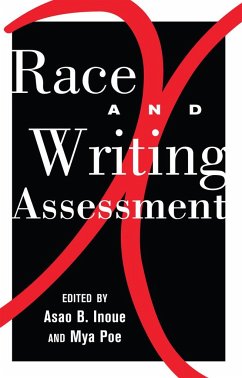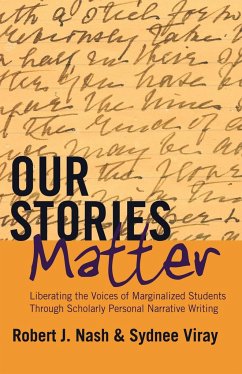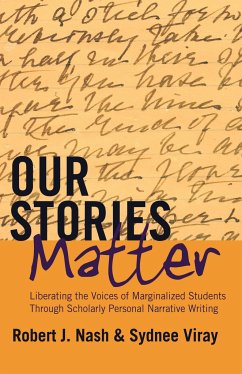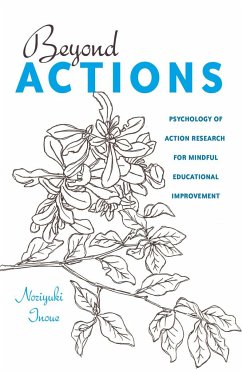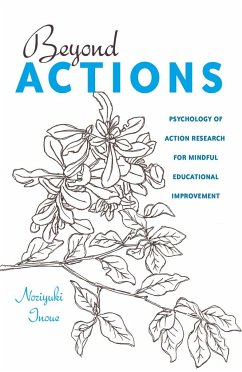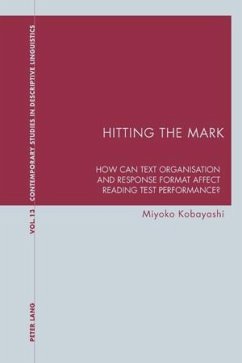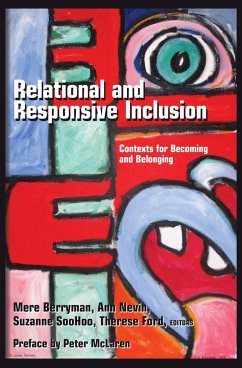
A Man Left Albuquerque Heading East
Word Problems as Genre in Mathematics Education
Versandkostenfrei!
Versandfertig in 6-10 Tagen
36,55 €
inkl. MwSt.

PAYBACK Punkte
0 °P sammeln!
Word problems, or story problems, have been a part of mathematical education for the past 4,000 years. This book considers mathematical word problems as a genre, drawing on analytic theory from linguistics, literary criticism, and mathematics education. Raising the question, «what are word problems?», this book addresses it by «taking a walk» around the genre to see it from many points of view, including the linguistic, the historical, and the pedagogical. A Man Left Albuquerque Heading East sheds light on the nature of genre in education and inspires teachers to use word problems in new w...
Word problems, or story problems, have been a part of mathematical education for the past 4,000 years. This book considers mathematical word problems as a genre, drawing on analytic theory from linguistics, literary criticism, and mathematics education. Raising the question, «what are word problems?», this book addresses it by «taking a walk» around the genre to see it from many points of view, including the linguistic, the historical, and the pedagogical. A Man Left Albuquerque Heading East sheds light on the nature of genre in education and inspires teachers to use word problems in new ways, with different intentions.





